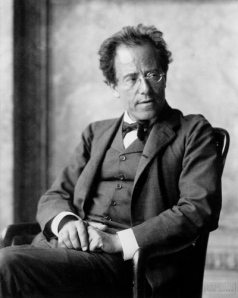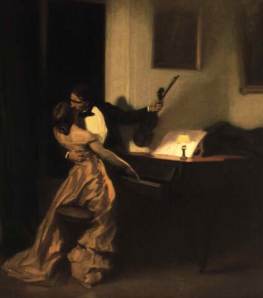Joseph Gaines, the Story of Opera and of an Artist

Joseph Gaines as Pontio Pilato in the 2008 Glimmerglass Opera production of Wagner’s Das Liebesverbot, with Ryan MacPherson as Luzio (Photo: Cory Weaver)
Artists pursue a calling in a special way, yearning to participate in an art form often in the face of long odds for making a career of it. What is an artist to do if their calling is opera? Opera has faced some difficult times in recent years, and it is facing an uncertain future. Yet if it is to have a future at all, it must depend on those with unwavering commitment to realizing the form — to celebrating past masters and new works, and to bringing those creative expressions to an audience. Joseph Gaines, a tenor, seeks to serve an art form that he truly loves. In telling his story, we seek to both learn something about the form itself and about the admirable motivations of the artist, motivations from which we might all learn something even if we ourselves are not artists.
To learn of a good narrative about a career artist and to reflect on the nature of opera, we invite you to read our third installment in the opera series from The Muse Dialogue, “Joseph Gaines, the Story of Opera and of an Artist” (click here to read full article).












